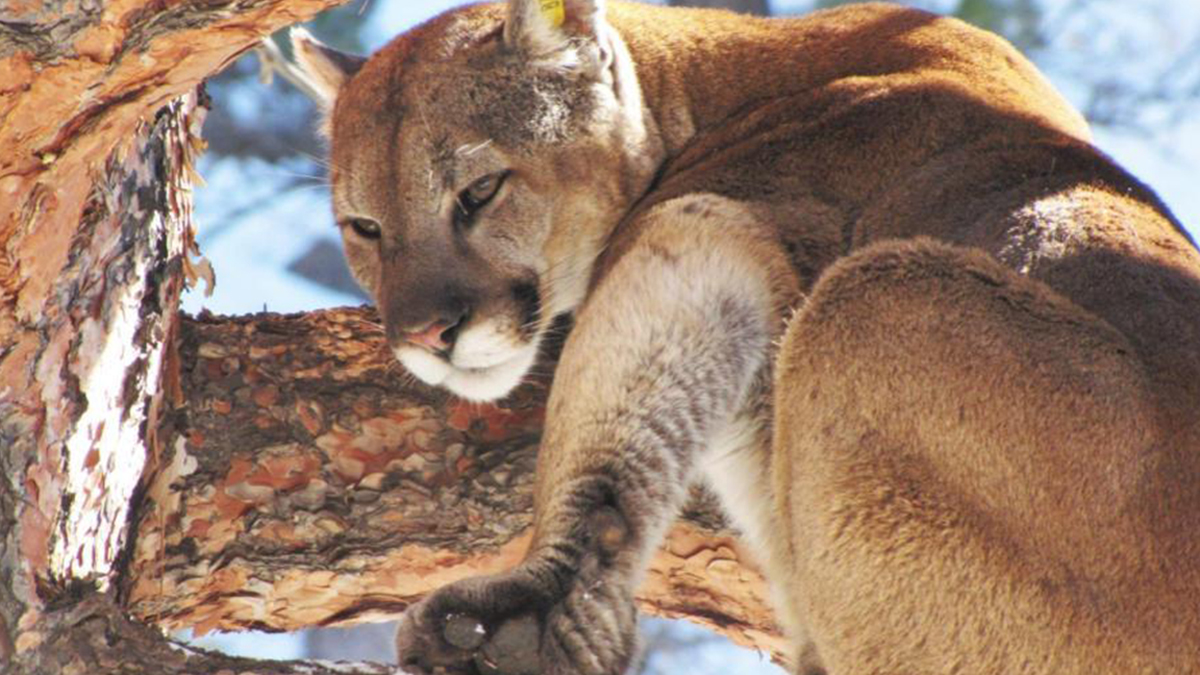A new study published in Nature Ecology & Evolution indicates hunting slows the transmission of disease among mountain lions.
University of Minnesota researchers partnered with colleagues at Colorado State University and Colorado Parks and Wildlife over a 10-year period to gather mountain lion DNA samples in two comparable regions of the state and to sequence the virus. In one region, hunting was banned for five years and then reinstated. In the other region, hunting was less commonly practiced.
The team found disease transmission dynamics changed markedly in the region where hunting was banned and then reinstated. Less hunting led to higher levels of disease transmission and occurred primarily among males. Since hunters tend to target males, there were more males present during the no-hunting period, which potentially increased competition for territory, a higher likelihood of male-to-male contact and disease spread.
“We had a unique opportunity to test what happens when a population is changed by hunting,” says Craft, who studies the spread of diseases in animal populations. “Our approach enabled us to provide insights into the cascading consequences of hunting and the cessation of hunting on host-pathogen dynamics.”
Check out this University of Minnesota news release for additional information.
(Photo credit: Kenneth A. Logan/Colorado Parks and Wildlife)
